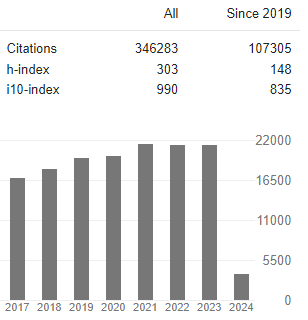The Logic Fundamentals of Machine Consciousness: Theory of Tri-state
Abstract
Zhiwei WANG
For a long time, the system of scientific methodology has been composed of logic, empirical (falsification), qualitative, quantitative and deterministic, and corresponding thinking tools. However, under the background of complexity science, the category of methodology should be changed, that is, on the basis of traditional methodology, non-classical logic, hierarchy, stereotype (topological invariant) and uncertainty should be added. This is also the main idea behind the “Thoery of Tri-state” in the first part of this paper.
The core idea in the theory of “Tri-state” is “Tri-state Logic” (“positive | negative | uncertain state”). The ontology of “Tri-state Logic” aims to reveal the meta space-time movement law of things transforming from one form to another, that is, the coupling of time and space in the development of things, and the orientation and evolution of the continuity of things. The mathematical basis of “Tri-state Logic” is knot theory and dynamics theory. The second part of this paper designs a machine-consciousness model framework based on the “Theory of Tri-state”
(Tri-state Logic). Its research starting point is the perspective of cognitive dynamics (cognitive psychology + dynamics), which is very different from the research ideas proposed by Minsky's “The Emotion Machine”. At the same time, this paper also tries to answer Turing's questions from different space-time dimensions, and gives an experimental idea of “kindergarten game” by comparing Turing's “imitation game”.



